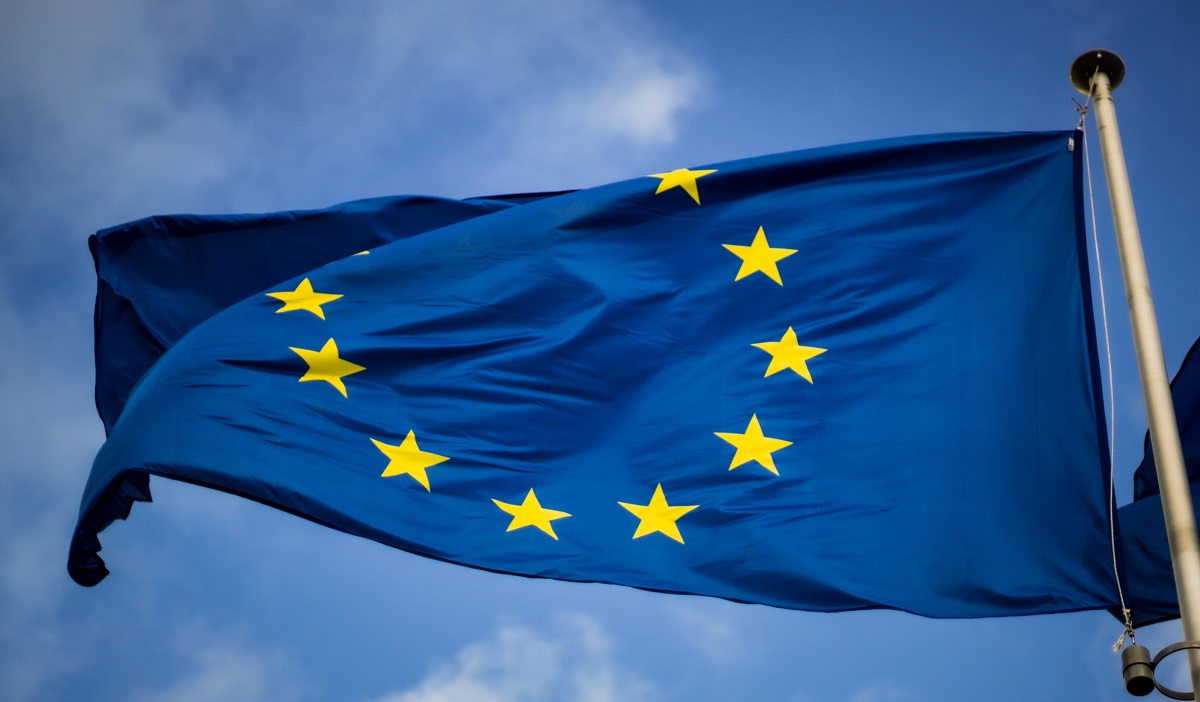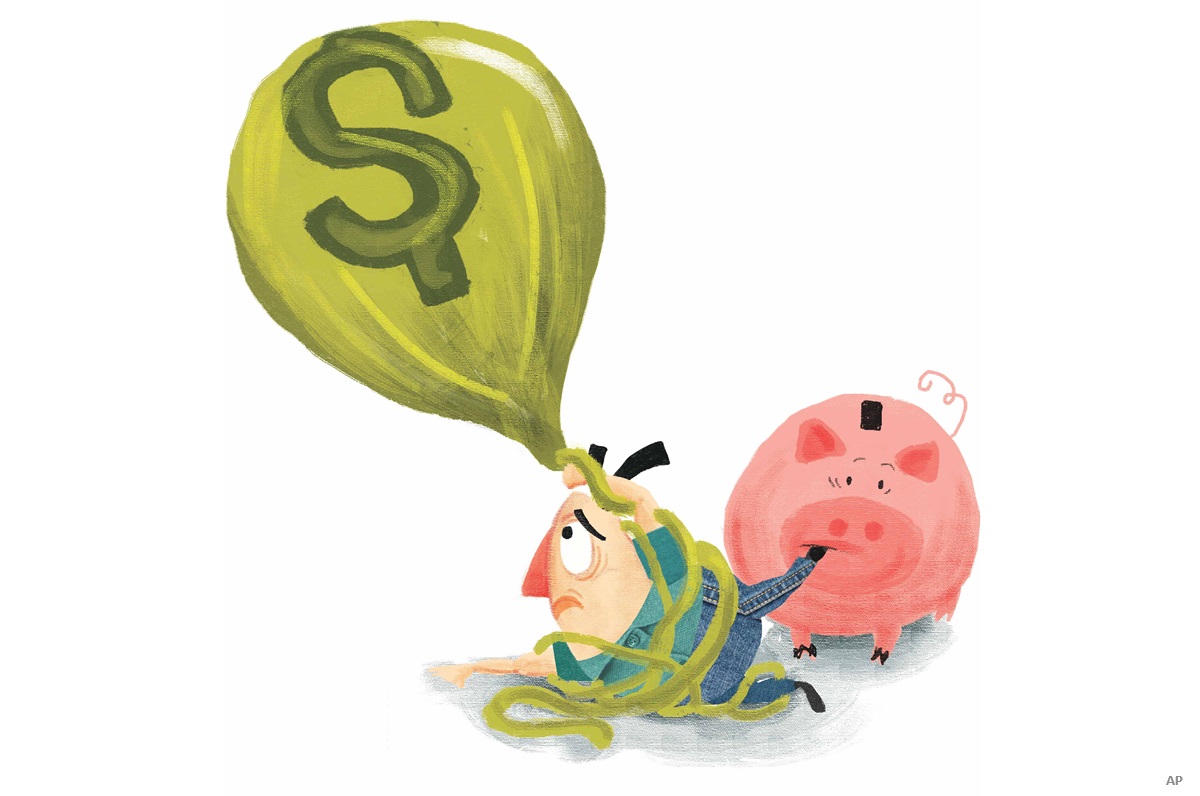
European markets have been performing in a narrow range as they have swung between concerns for high interest rates staying that way for some time and a predicted economic “soft landing.” But lately, the case for a soft landing has become more accepted, argues David Lambert, portfolio manager of the $6.4 billion five-star gold-rated RBC European Equity Fund F (also available in series D), and earnings patterns have continued to beat expectations.
“European stocks are trading at 11.9 times forward earnings and 10.3 times for the U.K. To put that in context, the median multiple for European stocks over 20 years is 13 times, and 11.5 times for the U.K. You can’t say that the market is overly bullish on those valuations,” says Lambert, since 2022 head of the European equities team at London-based RBC Global Asset Management (UK) Ltd. A 24-year industry veteran, Lambert joined RBC in 1999, after he earned an Honors BSc in mathematics from Loughborough University. “But the range-bound behaviour definitely demonstrates a lack of conviction on the part of investors. The earnings have continued to be more resilient than expected. But the worries about inflation and the potential for higher interest rates for longer have a kept lid on too much bullishness.”
European Inflation is Proving Stubborn
Noting that European markets were strong during the first half of the year, Lambert says that inflation has been much “stickier’ than in other regions of the world. “One of the principal reasons for this is the exposure to higher gas prices than in the U.S. Labour markets are not seeing weakness, but they could be a lagging indicator, so we’ll see the impact much later in the piece,” says Lambert. “As a consequence, wage growth continues to be strong as well. This has continued to fuel inflation, particularly in the U.K. Last month, wage inflation was over 7%, and keeps ticking higher.” The Ukraine-Russia war only exacerbates things and contributes to the “stickiness” of inflation and consequently headwinds for the European economies. “Inflation [in Europe] is over 6% and not coming down as fast as economists had hoped. In contrast, in the U.S., it is coming to down 4% or less.”
U.S. – China Relations Could Be a European Problem
Striking a positive note, Lambert says that European banks remain very well capitalized and are not showing signs of stress. “I don’t worry about the banking side of things, although Credit Suisse was a special case. What I worry about more are increasing tensions between the U.S. and China,” says Lambert. “The influence of China on European corporates is much larger, and much more so than American corporations. If tensions increased there, the whole global stock market would suffer. That’s more of a worry for me, than any ‘known unknowns’ from the Russia-Ukraine war or a European banking crisis. There’s been an ebb in China-U.S. relations and repercussions of that on European and global markets are fairly significant. And it’s not necessarily priced in by the market. It has the potential to be a big global shock.”
Year-to-date (Sept. 18) RBC European Equity Fund F has returned 6.89%, versus 9.32% for the European Equity category. Lambert acknowledges that in the short term the fund has lagged the category, mainly because the market has favoured stocks that benefit from inflation. On a longer-term basis, however, the fund has outperformed. Over five and 10 years, the fund returned an annualized 5.90% and 6.89%. In contrast, the category returned an annualized 3.83% over five years and 4.84% over 10 years.
Mindful of top-down issues, Lambert is essentially a bottom-up portfolio manager. “We are looking to invest in the best companies we can find across Europe at the most appropriate valuations,” says Lambert, adding that his investment style can categorized as quality at a reasonable price. “Every decision is made from the corporate level upwards. As a consequence, the sectoral biases and regional biases are driven by that. But we have a risk overlay and make sure that we are not exposing ourselves in any one area unintentionally.”
Top European Markets
From a geographic viewpoint, the U.K. is the largest country weighting at 23%, followed by France at 18%, the Netherlands at 15%, Switzerland at 12% and Denmark at 10%. From a sector standpoint, financial services comprise the largest sector at 18%, followed by healthcare at 17.5%, industrials at 16.75%, consumer staples at 12.9% and consumer discretionary at 12%.
One of the top holdings in a portfolio of 54 names is Novo Nordisk A/S (NVO), a leading global pharmaceutical firm based in Denmark and the most highly valued company in Europe. “We like businesses with big moats around their businesses so that they can protect their returns,” says Lambert, adding that he relies on a measure known as cash flow return on investment (CFROI) to gauge its corporate discipline and long-term attractiveness. “Originally, they were a diabetes medication franchise, but what has driving been the stellar growth more recently is the so-called injectable market.” He notes that the firm’s Ozempic product has been picked up by the obesity market and generated excellent results.
“Novo Nordisk is the global leader and franchise in terms of treating these conditions,” says Lambert. “There is an interesting growth angle, although we are not growth investors and instead look for quality and consistency of returns. It happens that they have an interesting tailwind. And they have a moat around their business because the franchise that they are leveraging—tackling diabetes and obesity---is very hard to replicate. As a consequence, the returns can stay higher for longer, which allows them to reinvest in the business and effectively grow the business at double-digit rates.”
Based on CFROI, Lambert says the firm has a return of 20-25%. After a recent 2-for-1 stock split, Novo Nordisk is trading at 651.90 Danish kroner, for a price-earnings multiple of 21.7 forward earnings. While he is reluctant to reveal the stock’s discount to intrinsic value, Lambert will say, “It’s such a powerful franchise that we are comfortable owning it.”
Long-Standing Businesses with Legs
Another top holding is France’s LVMH Moet Hennessy Louis Vuitton SE (LVMHF) a leading global provider of luxury brands such as Louis Vuitton luggage and Moet & Chandon champagne. “When you think about longevity, consistency and persistency of returns and brands over time, LVMH is the poster child,” says Lambert, adding that the firm’s CFROI is in the region of 15%. “They own about 80 brands, some of which have been around for hundreds of years, such as Domaine Des Lambrays which was established in 1365. And they also own fashion designer Stella McCartney, which they acquired in 2019. So the total brand portfolio is over 9,000 years. When you think about the moat surrounding LVMH’s business, it’s almost impossible to replicate. That 15% CFROI is very dependable and it would be hard for a competitor to take market share from them.”
LVMH currently trades at 761 Euros or a price-earnings multiple of 21 times 2024 earnings. “Because it has such a long profile, the market is pricing in a 10% annual return on its business. But we are seeing a consistent close to 15% return on its business. Like Novo, we see decent upside, coupled with a company that we expect to compound shareholder value in double-digits over the medium to long-term.”
Looking ahead, Lambert concedes that the prospect of high interest weighs on markets. “Everything looks okay, but we are still keeping our eyes peeled for any sign of weakness,” says Lambert, adding that he has not expected the earnings profile of many companies to be as robust as it has. “It could come from the higher cost of debt and equity. But we are not seeing that just yet. The same goes for the consumer. People will be rolling mortgages over at higher rates over the next couple of years, so we have to assess that impact on consumption.”
Stock That May Struggle but Can Survive
In the meantime, Lambert is confident that the 54 stocks he owns can survive any potential downturn. “Our focus is on quality businesses. Ultimately, through times of hardship, lower quality businesses with low returns on invested capital and rising costs of debt will start to struggle from an earnings perspective,” observes Lambert. “What we tend to find is that during periods of economic weakness, the gap between the good and the bad gets wider. The winners of a recession, should it happen, are the high-quality businesses, because they can ride it out.”





















